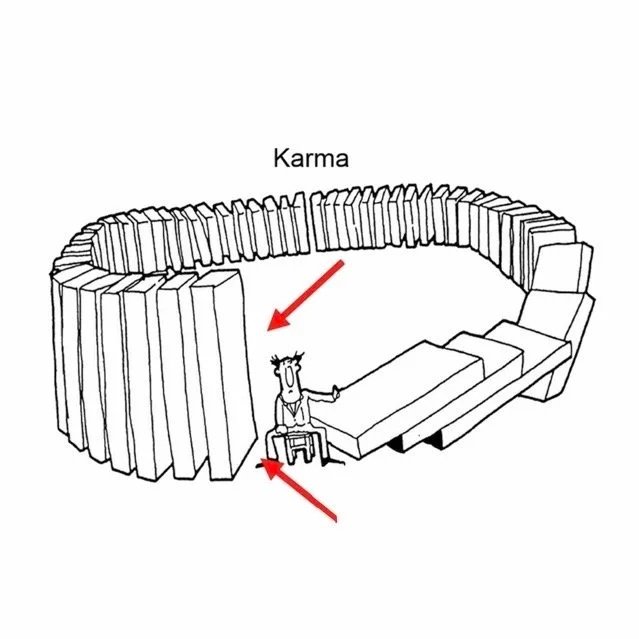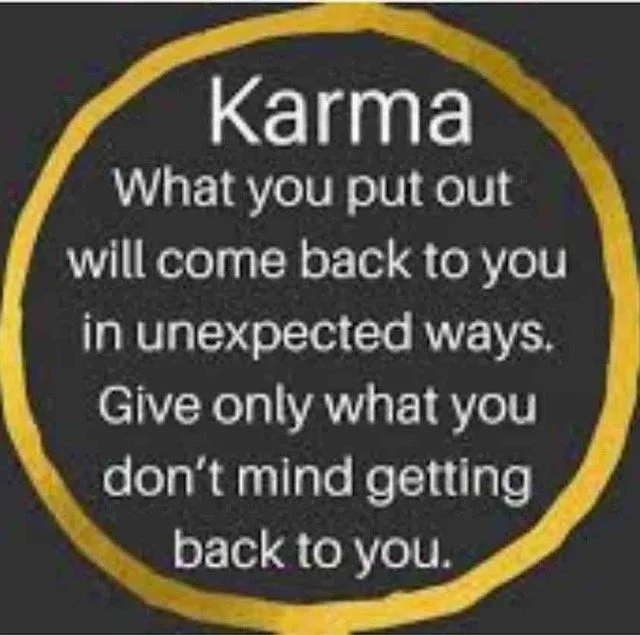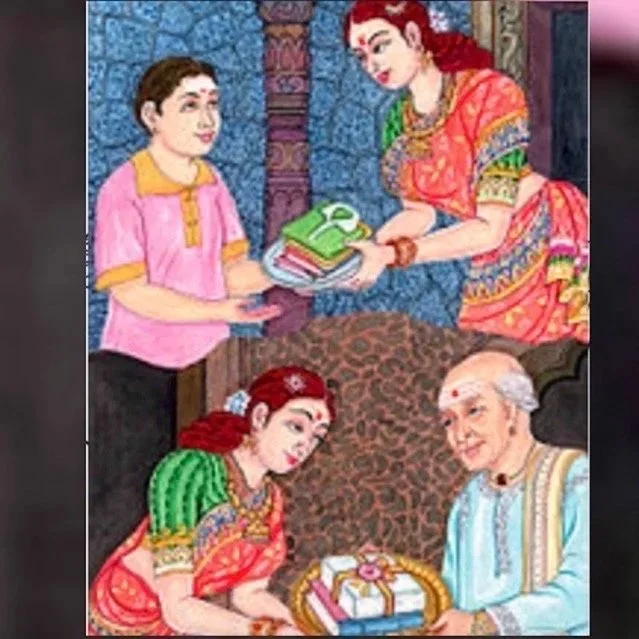Understanding Karma
Karma is the universal principle of cause and effect, where every thought, word, and action has consequences that impact our lives and the lives of those around us.
The Four Laws of Karma
The Law of Intention: Your intention to do good or harm determines the karma you create.
The Law of Expansion: The strength of karma expands over time, making it essential to make amends for past wrongs.
The Law of Origin: You are the originator of your experiences, and your thoughts and actions shape your reality.
The Law of Return: All actions, good or bad, will come back to you, even if no one witnesses them.
Applying the Laws of Karma
Practice mindfulness and self-reflection to become aware of your thoughts and actions.
Make amends for past wrongs by doing simple acts of kindness.
Cultivate compassion and understanding towards others.
Take responsibility for your actions and their consequences.
The Four Laws of Karma in Action
The First Law of Karma: Focus on causing others to have positive experiences, and your intention to do good will determine the karma you create.
The Second Law of Karma: Make up for bad karma by having nice thoughts and doing simple acts, and remember that the strength of karma expands over time.
The Third Law of Karma: You are the originator of your experiences, and if you never do good things, you'll never experience good things.
The Fourth Law of Karma: All actions, good or bad, will come back to you, so practice mindfulness and self-reflection to become aware of your thoughts and actions.
By applying these laws, you can create a ripple effect of good karma that benefits everyone around you. Remember, karma is like the salt and pepper shakers at a huge dinner table - pass it along!
Practising Karma Yoga in daily life
Involves cultivating selfless actions, compassion, and mindfulness. Here are some ways to incorporate Karma Yoga into your daily life:
*Selfless Service*: Engage in acts of service without expecting anything in return. Volunteer, help others, and contribute to your community.
*Mindful Actions*: Be present and mindful in your actions, thoughts, and words. Ensure they align with your values and promote positivity.
*Let Go of Attachment*: Release attachment to outcomes, results, and expectations. Focus on the process, not the outcome.
*Cultivate Compassion*: Practice empathy, kindness, and understanding towards others.
*Surrender Ego*: Let go of ego and self-importance. Recognize the interconnectedness of all beings.
*Gratitude*: Practice gratitude for what you have and express appreciation for others' help and support.
*Self-Reflection*: Regularly reflect on your actions, thoughts, and intentions. Identify areas for improvement.
*Daily Mantras*: Use mantras like "I act selflessly for the greater good" or "I cultivate compassion and kindness" to stay focused.
*Incorporate Mindfulness*: Bring mindfulness into daily activities like eating, walking, or showering.
*Study and Learn*: Read spiritual texts, attend workshops, and learn from spiritual leaders to deepen your understanding of Karma Yoga.
Remember, Karma Yoga is a journey. Start with small steps, and gradually incorporate these practices into your daily life.





